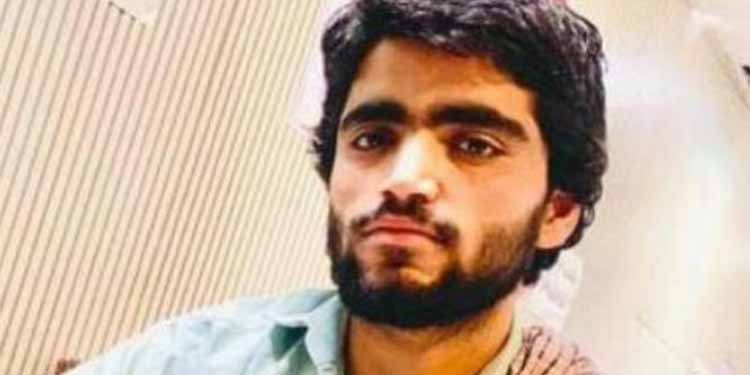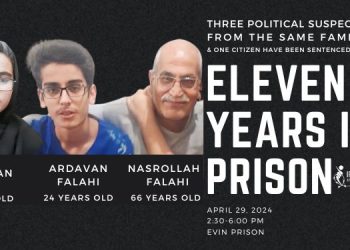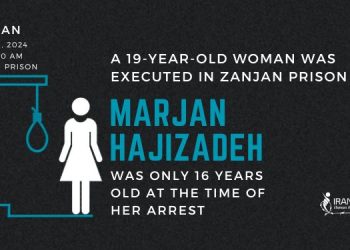Two Baluch fuel carriers were killed by the Islamic Revolutionary Guard Corps (IRGC) forces in Mirjaveh county, southeastern Iran.
According to local sources, Tuesday, the two men were identified as Saeed Shahouzehi and Naeem. Saeed was killed at the same time, and Naeem, the driver, died of his injuries after being taken to hospital.
Saeed and Naeem were taking fuel to Reg-i-malek area near the border when the IRGC forces opened fire on their vehicle without warning.
According to a report by the Baloch Campaign, locals including women gathered at the scene. IRGC forces opened fire on locals, also beating and threatening them.
The village adjacent to Mirjavah are located near the buffer zone of the Iran-Pakistan border and make a living by selling fuel due to the difference in fuel prices on both sides of the border. This has increased with rising unemployment and drought in the area.
The IRGC, which controls the Iran-Pakistan border in the area, shoot and kill Baluch fuel traders with impunity.
The Iranian regime’s security forces and police have a history of shooting and killing civilians. There are almost daily reports of police and border guards opening fire on Kurd border porters in western Iran and civilians carrying fuel in southeastern Iran.
The terms “fuel carrier” and “border porter” are an unfortunate consequence of 42 years of corruption and mismanagement under the Iranian regime which has resulted in a significant lack of job opportunities, especially for Iranians in western and eastern Iran.
Many people in southeastern Iran in Sistan and Baluchestan are forced to carry fuel across the border, while Iranian Kurds in western Iran called “Kolbars” in the local language, are forced to carry heavy loads across the border on their backs to make a meager living. The fuel carriers and kolbars are categorized as “smugglers” by the regime and are targeted by security forces on a regular basis. With every load carried across the borders, the fuel carriers and kolbars risk their lives. If not killed by security forces, kolbars die from avalanches, falling off mountains, hyperthermia, and hypothermia. An annual report by a human rights group said that at least 204 Iranian citizens were directly or indirectly killed or wounded by Iran’s state security forces in 2020. According to the report, at least 74 citizens were killed, including 36 kolbars, 5 fuel carriers and 33 other citizens. The 2020 arbitrary shootings injured at least 130 people.











